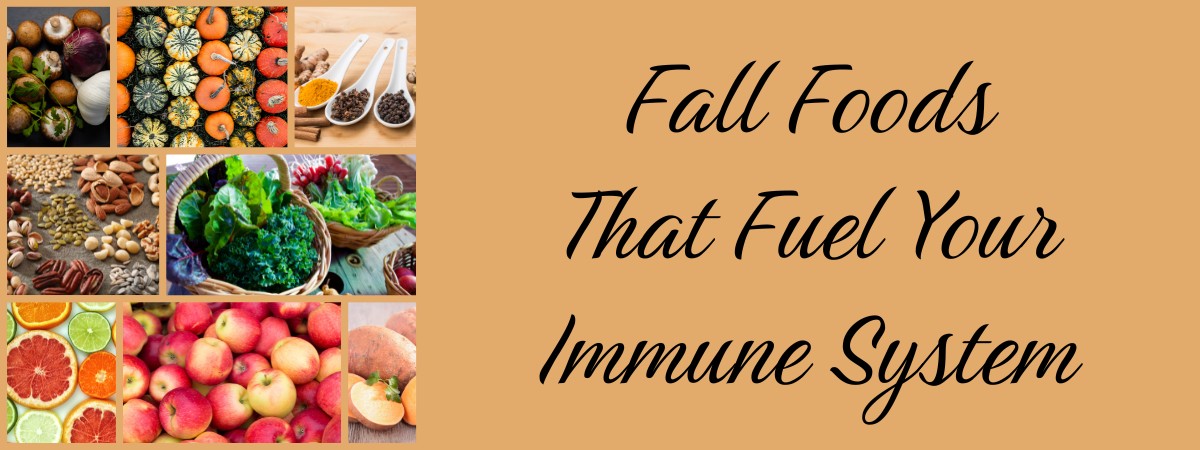
Why Key Nutrients Matter More After 55
As we age, our immune system naturally changes—a process called immunosenescence. This means our bodies don’t always respond to infections as quickly or as strongly as they once did. The good news? The right nutrition can make a significant difference in keeping your defenses strong and helping you stay active, healthy, and resilient well into your later years.
Nutrients That Matter Most After 55

- Vitamin A – Supports healthy skin, eyes, and respiratory lining, your body’s first barrier against germs.
- Why it matters now: Older adults may absorb vitamin A less efficiently, so foods like pumpkin, sweet potatoes, and leafy greens are extra important.
- Vitamin C – Enhances white blood cell activity and reduces healing time.
- Why it matters now: Wound healing and recovery from illness can take longer after 55, making vitamin C-rich foods like citrus, apples, and kale vital.
- Vitamin D – Activates immune defenses and strengthens bones.
- Why it matters now: With age, the skin makes less vitamin D from sunlight, and deficiency is common in adults over 55. Consider safe sun exposure, fortified foods, or supplements.
- Vitamin E – Protects immune cells from damage.
- Why it matters now: Aging increases oxidative stress; vitamin E from nuts, seeds, and avocados helps defend your cells.
- Zinc – Essential for immune cell production and wound healing.
- Why it matters now: Zinc absorption declines with age, and deficiency is linked to higher risk of infections. Enjoy pumpkin seeds, beans, and whole grains.
- Iron – Supports oxygen delivery and energy.
- Why it matters now: Fatigue and weakness may be linked to low iron, especially in older women. Iron-rich foods like spinach, beans, and lean meats are important.
- Selenium – Regulates immune response and reduces inflammation.
- Why it matters now: Selenium has been shown to help protect against age-related decline in immunity. A single Brazil nut daily can provide what you need.
- Omega-3 Fatty Acids – Reduce chronic inflammation and protect heart health.
- Why it matters now: Older adults often face joint stiffness, heart concerns, and inflammation. Omega-3s in salmon, flaxseeds, and walnuts support both immune and cardiovascular health.
- Probiotics & Prebiotics – Strengthen gut health, where much of the immune system lives.
- Why it matters now: The balance of gut bacteria shifts with age, impacting immunity and digestion. Yogurt, kefir, garlic, onions, and fermented foods restore healthy gut function.
Bottom Line for Aging Vibrantly
After 55, the immune system needs more intentional care. Nutrients become not just helpful—but essential—to reduce the risk of infections, support healing, and maintain energy. By focusing on a colorful, balanced diet rich in these nutrients, you give your body the foundation it needs to thrive in this vibrant stage of life.
Eating well is not just about adding years to your life—it’s about adding life to your years.
Which Fall Favorites Are Best?
As the crisp air rolls in and the days grow shorter, our bodies naturally crave warmth, nourishment, and comfort. Fall is not only a season of colorful leaves and cozy sweaters—it’s also a perfect time to strengthen your immune system. With cold and flu season approaching, the foods you put on your plate can make a big difference in how resilient you feel. Let’s look at some of the best fall foods that help fuel your immune health.

1. Pumpkin and Winter Squash
Pumpkins and their cousins (butternut, acorn, delicata) are more than just autumn decorations. They’re rich in vitamin A and beta-carotene, which support the immune system by protecting the lining of the respiratory and digestive tracts—your first line of defense against germs. Roast them for a side dish, blend into soups, or even puree into a smoothie.
2. Apples
“An apple a day” still holds true! Apples are packed with vitamin C, fiber, and antioxidants. They help combat inflammation, regulate blood sugar, and give your immune cells the support they need. Eat them raw, slice them into oatmeal, or bake them with a sprinkle of cinnamon for a healthy dessert.
3. Sweet Potatoes
These nutrient-rich root veggies are loaded with vitamin A, vitamin C, and potassium. They help your body fight off infections while keeping your energy steady. Try them roasted with herbs, mashed as a comfort side dish, or baked into wedges as a healthy alternative to fries.
4. Dark Leafy Greens
Fall is harvest time for greens like kale, collards, and Swiss chard. They’re packed with vitamin C, vitamin K, and magnesium, all of which play roles in immune function and reducing inflammation. Sauté them with garlic, stir into soups, or add to hearty grain bowls.
5. Garlic and Onions
These kitchen staples are natural immune boosters. Garlic contains allicin, a compound known for its antiviral and antibacterial properties, while onions are rich in antioxidants that fight inflammation. Add them generously to soups, stews, and roasted vegetables for both flavor and immune support.
6. Mushrooms
Certain mushrooms—like shiitake, maitake, and reishi—are especially known for their immune-enhancing properties. They contain beta-glucans, which help your body respond better to infections. Add them to stir-fries, omelets, or roasted dishes for a hearty, earthy flavor.
7. Citrus Fruits
While we often think of citrus as a winter fruit, fall brings the beginning of orange and grapefruit season. Citrus fruits are rich in vitamin C, which supports white blood cell function. A squeeze of lemon in warm water or a handful of orange slices makes for a refreshing immune-boosting snack.
8. Nuts and Seeds
Almonds, walnuts, pumpkin seeds, and sunflower seeds provide vitamin E, zinc, and healthy fats that help regulate immune response. Sprinkle them on salads, add them to baked goods, or keep a small handful as a daily snack.
9. Spices for Warmth and Defense
Fall spices like ginger, cinnamon, turmeric, and cloves don’t just taste delicious—they help reduce inflammation, improve circulation, and fight microbes. A warm cup of spiced tea or a golden milk latte can nourish both body and spirit.

Bringing It All Together
The beauty of fall foods is how well they work together in cozy, flavorful meals. Imagine a hearty pumpkin soup topped with roasted pumpkin seeds, a kale salad with apples and walnuts, or a baked sweet potato with a sprinkle of cinnamon. These foods not only delight your taste buds but also help keep your immune system strong as the cooler months arrive.
So, as you sip your spiced tea and watch the leaves change, remember: your immune health is in your hands (and on your plate). Nourish it well this fall—you’ll thank yourself in the months ahead.
Tip for Aging Vibrantly Members: Pairing seasonal foods with healthy lifestyle habits—like regular movement, adequate rest, and stress management—creates the strongest shield for your immune system.
What is Next?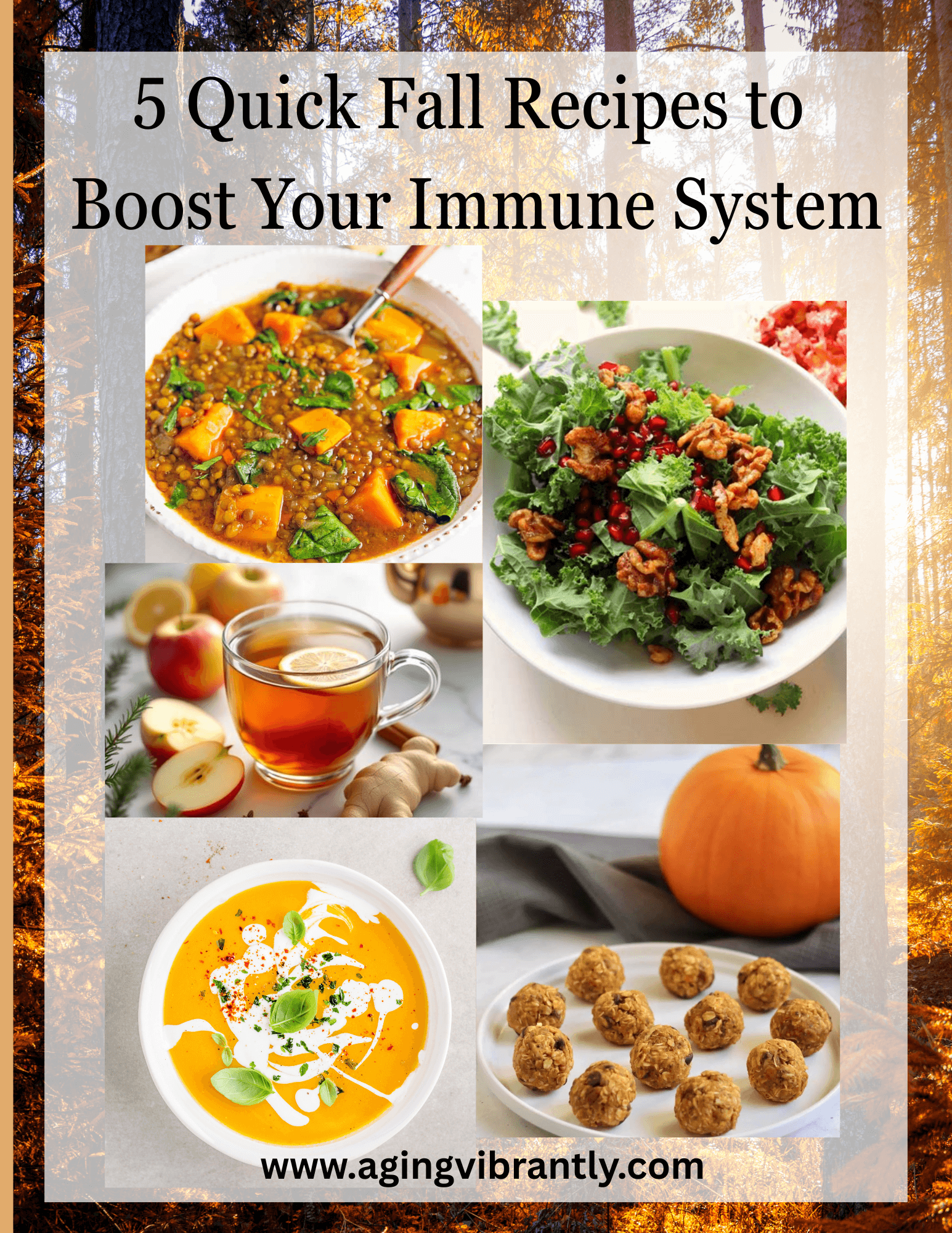

What Foods are you going to try today? Please share in the comments.
Stay connected with us and other fellow Vibrant Agers! Subscribe today and receive our "6 Natural Ways to Optimize Sleep As You Age."
If you found this article helpful? Read more:
Are you in search of a Nutrition Professional to help you individualize your journey?
Visit Nature's Nourished Kitchen and Elizabeth Knowlden!
📚 References – Nutrients & Immunity After 55
- Stephensen, C.B. (2001). Vitamin A, infection, and immune function. Nutrition Reviews, 59(11): 293–307. PubMed Central
- Zhang, L. et al. (2025). Micronutrients as immunomodulators in the ageing population: evidence, gaps and recommendations. Immunity & Ageing. Full Text
- Eggersdorfer, M. et al. (2022). The role of micronutrients and omega-3 long-chain polyunsaturated fatty acids for immune system support. Nutrients, 14(17): 3368. PubMed Central
- Fantacone, M.L. et al. (2020). A multivitamin and mineral supplement enhances immune function in healthy older adults. Nutrients, 12(8): 2447. MDPI
- Meydani, S.N. et al. (2022). Micronutrient requirements for healthy aging: emphasis on immune function. ScienceDirect Review. ScienceDirect
- Fairweather-Tait, S. et al. (2022). Selenium in human health and disease: antioxidant, immune, and anti-inflammatory roles. European Journal of Nutrition. PDF
- Marco, M.L. et al. (2022). Potential modulation of inflammation by probiotic and omega-3 supplements. Frontiers in Nutrition. PubMed Central
- He, T. et al. (2023). The effect of probiotics on immune function in older adults: a systematic review. Aging & Disease, 14(3): 873–889. Journal Link






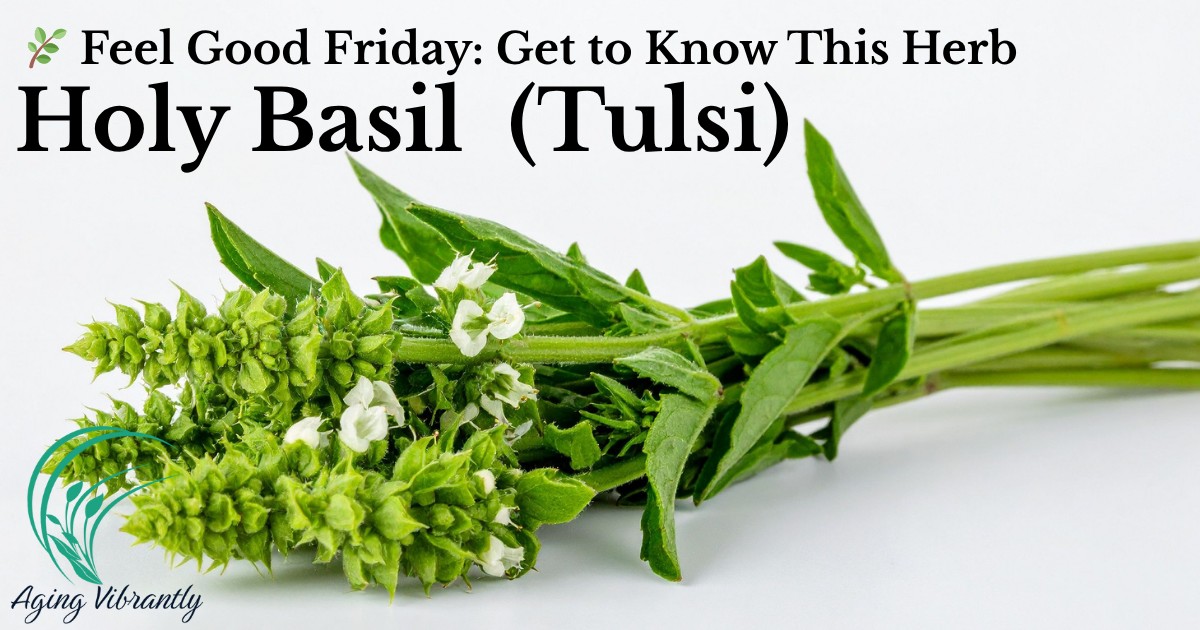


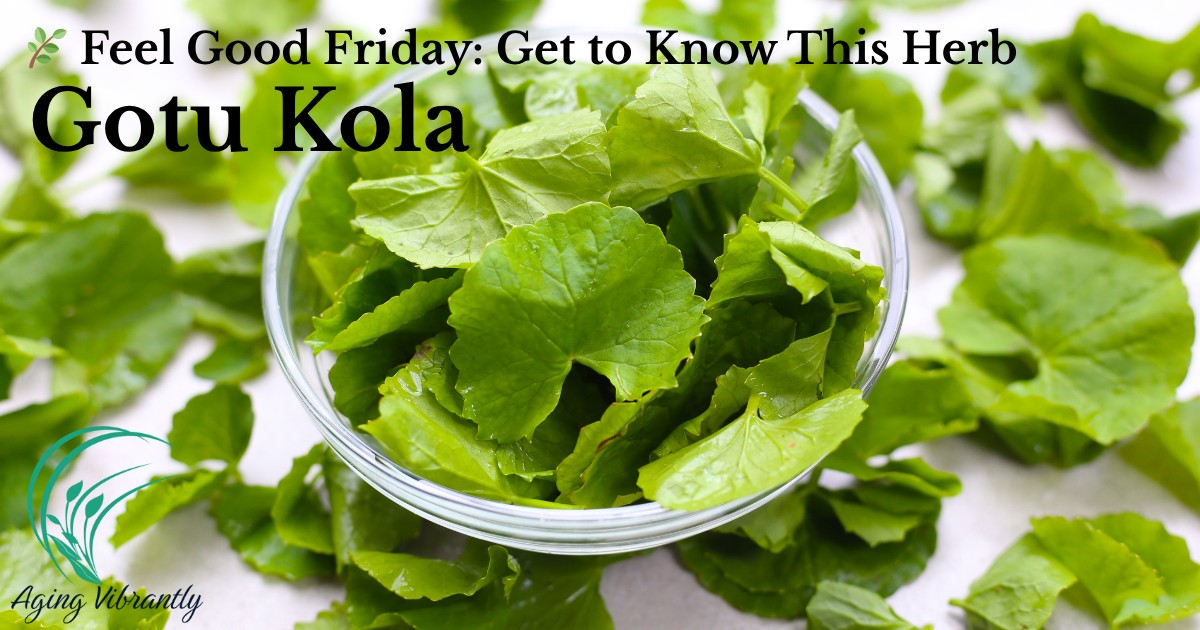

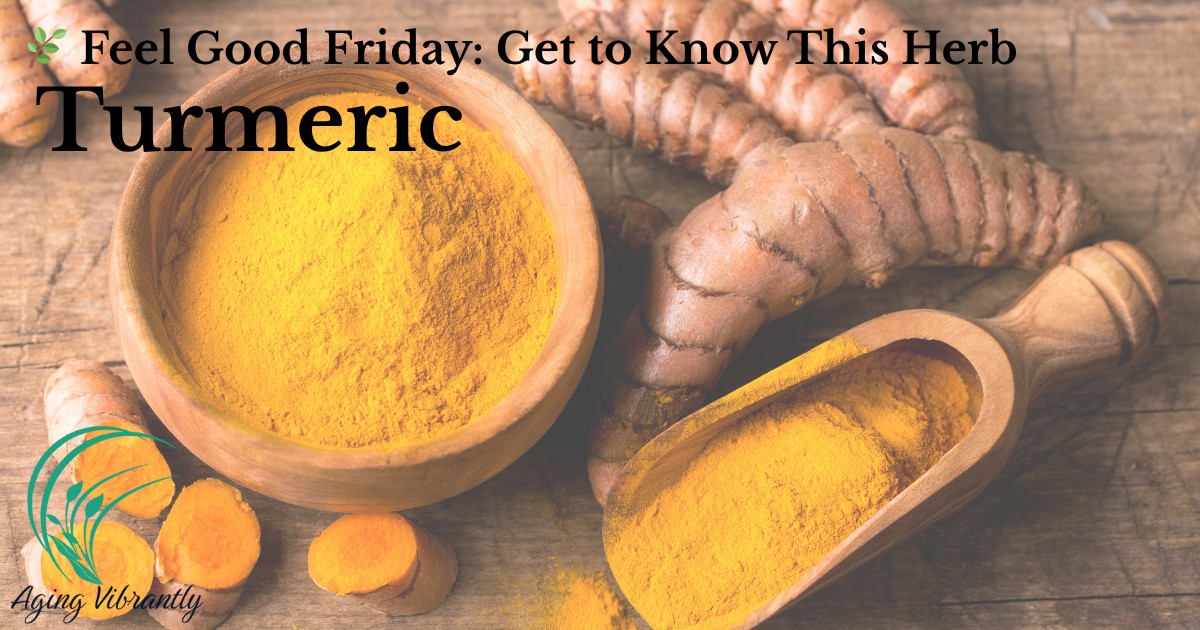



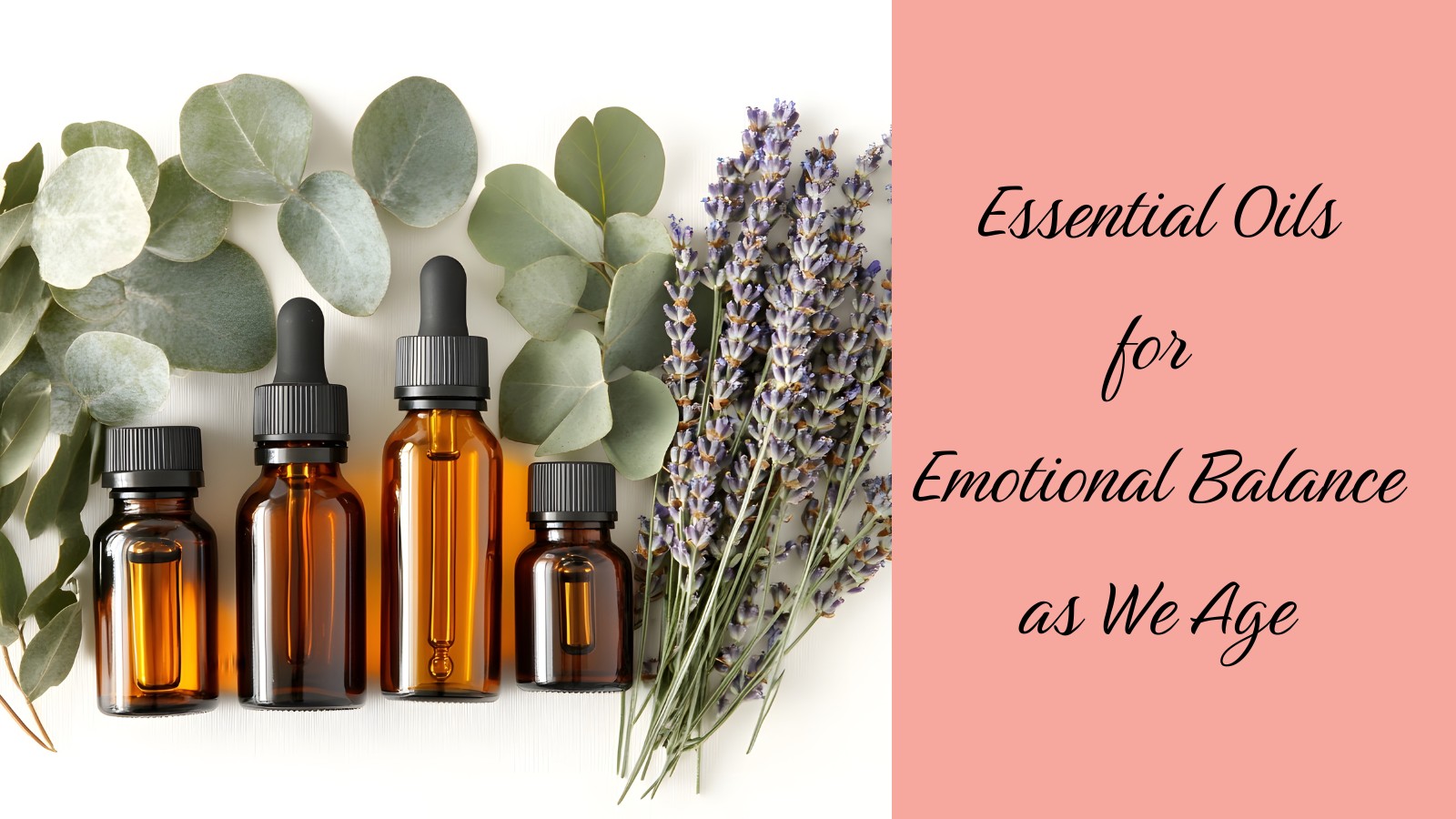

0 Comments